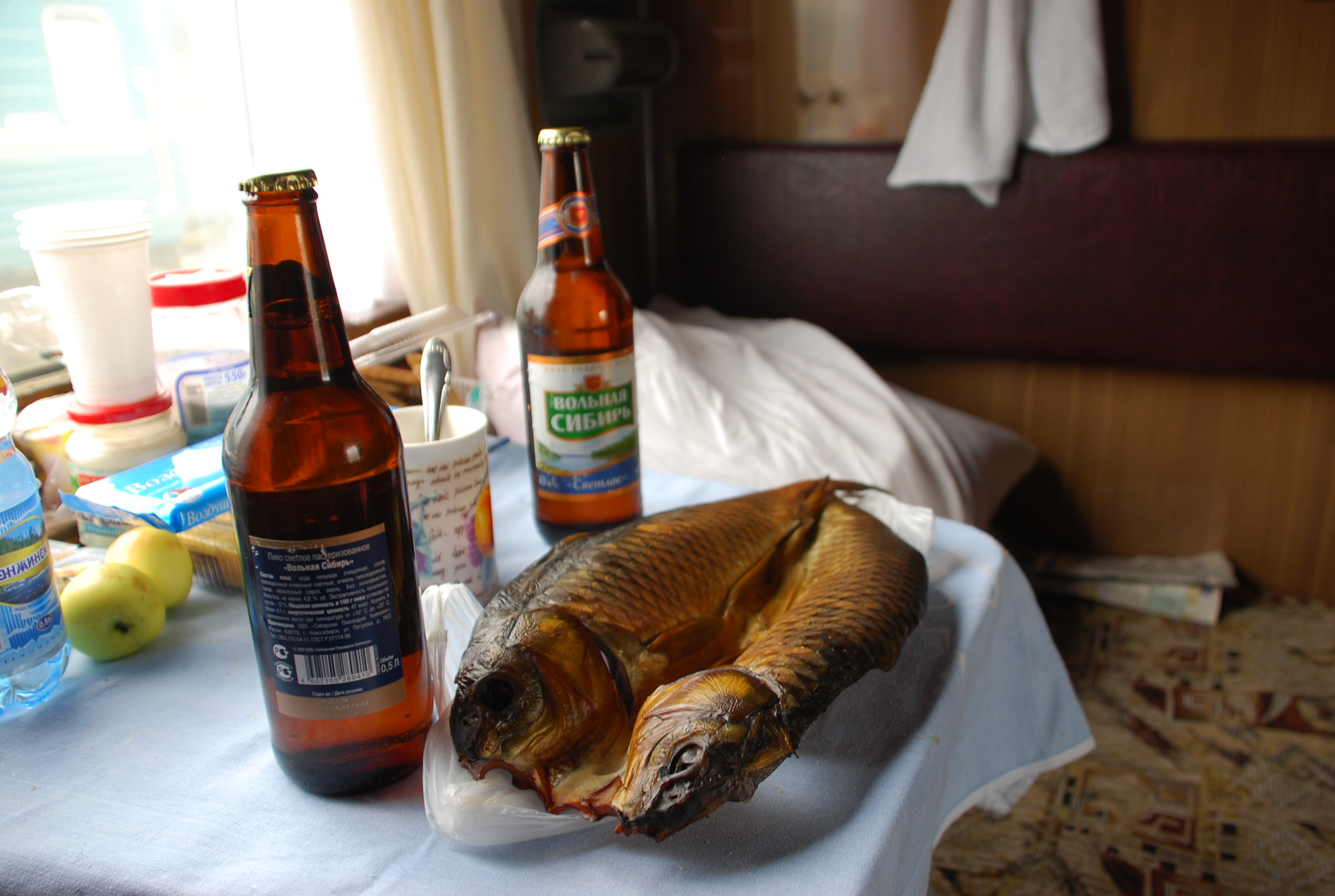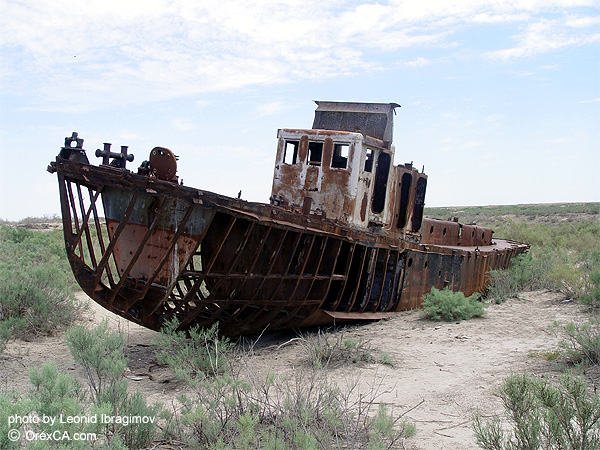 For the second time I've failed to get under the skin of Moscow. There's certainly nothing Soviet about it--remove the Kremlin, the odd Stalinist skyscraper, and a few onion-domed churches, and you have Paris, or maybe Milan. The crowds and pace almost suggest New York, but the layout is completely different: this is essentially a four-storey city, with nary a right angle in sight, so that despite the mad throngs of cars at every major intersection, it's a scavenger-hunt of shady corners, leafy boulevards, meandering alleyways.
For the second time I've failed to get under the skin of Moscow. There's certainly nothing Soviet about it--remove the Kremlin, the odd Stalinist skyscraper, and a few onion-domed churches, and you have Paris, or maybe Milan. The crowds and pace almost suggest New York, but the layout is completely different: this is essentially a four-storey city, with nary a right angle in sight, so that despite the mad throngs of cars at every major intersection, it's a scavenger-hunt of shady corners, leafy boulevards, meandering alleyways.Cars are big; big, shiny ones: at times you could almost feel you're in Oakland county for all the SUVs and BMWs. You have to look pretty hard to find a Lada.
The women, of course, are beautiful (as are the men, I suppose, though there's a shortage of them, so they don't try very hard to preen), and they obviously put a lot of work into their appearances. I saw a woman on the metro who must have been 6'5" if she was an inch: this is a bit extreme, but tall is the norm. You can probably tell a lot about a place just by looking at people's shoes, but perhaps only a woman can appreciate the full nuances. Even I can see that shoes are chosen for almost any reason other than practicality: spike heels are common, and bandaged feet are almost as common. A woman in front of me on the metro escalator lost her shoe and almost caused a human domino catastrophe. I'd stand out for my sneakers if anyone slowed down enough to look.
Beer is everywhere, and so are beggars--but it's the respectable-looking businessmen, just as much as the grungy teenagers, who sit on the sidewalk at 9:15 am sipping Baltika. Yet pricey, self-consciously atmospheric bars and beer gardens are ubiquitous.
The food is excellent, but almost prohibitively expensive. I dropped just over $20 on a cappuccino and pastry the morning I arrived at one of the trendier cafes. This morning I "economized" at a more plain-jane place and got away with a similar breakfast for around $10. Local beer and foods are somewhat cheaper, but for the most part "imported" vs. "domestic" has become a meaningless distinction, and there's an almost goofy thirst for anything foreign. It really teases the imagination to think what things were like in the bad old days, a mere twenty or so years ago, when McDonald's was as fancy and exotic as it got.
The weather has been, by my standards, glorious: yesterday was "tea weather," but today was sunny and clear and cool--I was almost cold in a single layer. (This may not sound shocking to most, but the last time I was in Moscow, it was so hot I'd sweat through my shirt just negotiating the metro.)
I've spent my time mostly in museums (Pushkin, American and European annex, Private Collections, Gorky House, Tolstoy House), and of course I don't speak Russian, so perhaps it's my own fault, but I still feel I'm missing something important and fundamental about this city. On the one hand, where does all the money come from to keep men in custom-tailored suits and women in magazine-cover-worthy outfits? On the other hand, where are all the "real people" who can't begin to afford $10 cups of coffee, or even $0.75 metro rides? How can museum guards act like they're doing you a big favor to take your money, and metro attendants look right through you (Cold War), even as young women gab on cell phones oblivious to their surroundings and young men plaster unauthorized ads on the metro escalators (Careless Capitalism)?



 Here's the url, since this got cut off: http://www.geographicguide.net/asia/maps/uzbekistan.jpg
Here's the url, since this got cut off: http://www.geographicguide.net/asia/maps/uzbekistan.jpg





